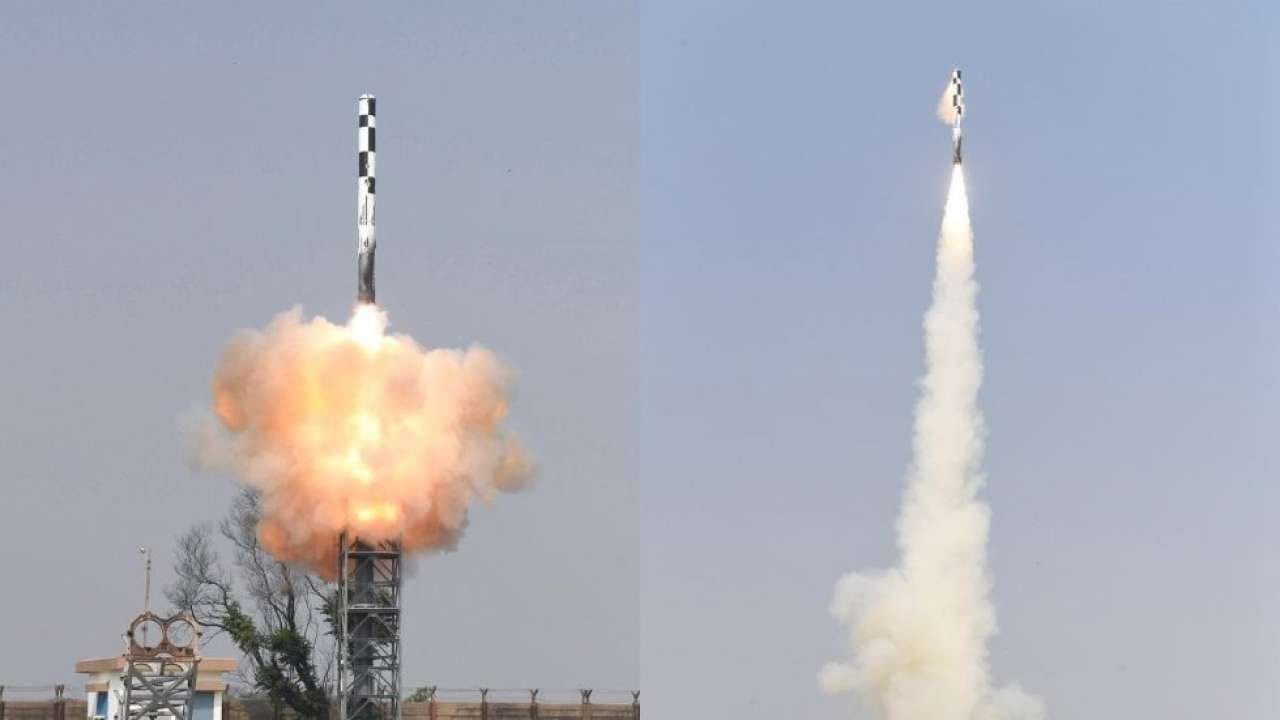SOURCE: RAUNAK KUNDE / NEWS BEAT / IDRW.ORG

The potential acquisition of the Indian-made BrahMos supersonic cruise missile by Indonesia has faced hurdles due to compatibility issues with the country’s existing coastal radars and combat management systems. While Indonesia has expressed interest in procuring the BrahMos missile as part of its defense modernization efforts, integrating it into its defense infrastructure poses technical challenges. The Indonesian government emphasizes the transfer of technology as a crucial component of any defense equipment procurement, which further complicates the situation.
Indonesian warships’ Combat Management Systems heavily rely on Western original equipment manufacturers (OEMs) or technology transfers from OEMs to PT Len Industri, an Indonesian state-owned communications equipment manufacturer.
Indonesian President Joko Widodo has emphasized the importance of technology transfer in defense equipment procurement to develop the national defense industry. This demand for technology transfer further complicates the acquisition process, as it requires BrahMos Aerospace to provide comprehensive information and collaborate closely with Indonesian defense industry stakeholders. Balancing technology transfer requirements with operational efficiency is crucial for both parties involved in the potential deal.
Although Indonesia does not face the same territorial disputes as Malaysia and Vietnam in the South China Sea, Beijing’s nine-dash line claims overlap with Indonesia’s exclusive economic zone. The acquisition of the BrahMos missile has been viewed as part of Indonesia’s strategy to modernize its National Armed Forces (TNI) and enhance its defense capabilities. For India, securing a deal with Indonesia would mark a significant milestone as a strategic partner in the region and a key player in the supersonic missile game.
While reports indicate that BrahMos Aerospace has sent a team to Jakarta to discuss the potential sale of the missile system, it is evident that the Indonesian side remains cautious and has not expressed the same level of optimism. The complexities surrounding technical integration, technology transfer, and compatibility with Western defense systems contribute to Indonesia’s hesitancy in finalizing the deal.
NOTE : Article cannot be reproduced without written permission of idrw.org in any form even for YouTube Videos to avoid Copy right strikes